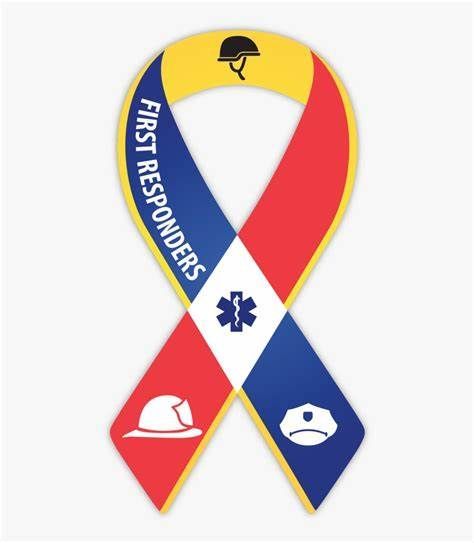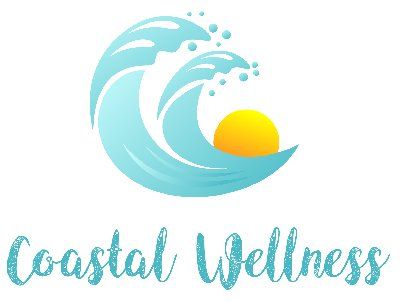EMDR Can Help First Responders
Helping Those Who Help Us

Our first responders and front-line workers see and experience things daily that would push the average person over the edge. They consistently live with continual rushes of adrenaline, physical exertion and standing beside patients and their families during some of the most challenging times in their lives.
Their exposure to critical incidents can lead to acute stress disorder (ASD) even PTSD which can result in feeling intense fear, helplessness, even horror. This can affect their effectiveness in serving their local community.
While many are able to recover from ASD using their own coping mechanisms and support systems. If more than 30 days have passed and the first responder is still experiencing distress, it may be time to seek professional assistance to help process and manage.
Eye Movement Desensitization and Reprocessing (EMDR) therapy is one of the most studied treatment options available to effectively address the results of first responders being routinely exposed to the most traumatic moments in people’s lives. It does not rely on medication or talk therapy, instead it guides the first responder through the experiences and shift their thoughts to more pleasant ones.
“By inducing the recall of distressing events and diverting attention from their emotional consequences, EMDR in some respects borrows basic principles used in prolonged exposure therapy, the gold standard behavioral psychotherapeutic treatment of PTSD. Some therapists believe that EMDR reduces anxiety.” WebMD
Effective treatment with EMDR methods helps weaken negative reactions and emotions resulting in less disabling symptoms in response to trauma.
Numerous government agencies and professional associations including the US Department of Veterans Affairs and Department of Defense, and the American Psychiatric Association recognize EMDR as an effective and efficient method of treatment.
About the Author
Neeley R. Hughey, PhD, LMHC, is a Licensed Mental Health Counselor, Certified Clinical Trauma Professional (CCTP) and Certified Life with over 20 years of experience specializing in CPTSD, PTSD, Trauma, Depression and Anxiety.














Share On: